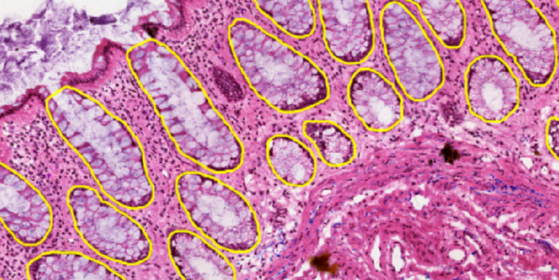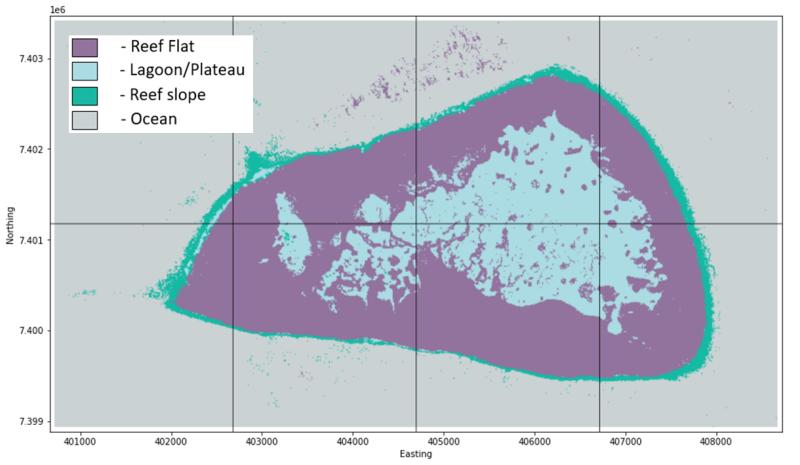publications
2023
-
 Switched auxiliary loss for robust training of transformer models for histopathological image segmentationMustaffa Hussain, and Saharsh Barve2023
Switched auxiliary loss for robust training of transformer models for histopathological image segmentationMustaffa Hussain, and Saharsh Barve2023@misc{hussain2023switched, title = {Switched auxiliary loss for robust training of transformer models for histopathological image segmentation}, author = {Hussain, Mustaffa and Barve, Saharsh}, year = {2023}, eprint = {2308.10994}, archiveprefix = {arXiv}, primaryclass = {eess.IV}, } -
 Reef-Insight: A Framework for Reef Habitat Mapping with Clustering Methods Using Remote SensingSaharsh Barve, Jody M. Webster, and Rohitash ChandraInformation, 2023
Reef-Insight: A Framework for Reef Habitat Mapping with Clustering Methods Using Remote SensingSaharsh Barve, Jody M. Webster, and Rohitash ChandraInformation, 2023Environmental damage has been of much concern, particularly in coastal areas and the oceans, given climate change and the drastic effects of pollution and extreme climate events. Our present-day analytical capabilities, along with advancements in information acquisition techniques such as remote sensing, can be utilised for the management and study of coral reef ecosystems. In this paper, we present Reef-Insight, an unsupervised machine learning framework that features advanced clustering methods and remote sensing for reef habitat mapping. Our framework compares different clustering methods for reef habitat mapping using remote sensing data. We evaluate four major clustering approaches based on qualitative and visual assessments which include k-means, hierarchical clustering, Gaussian mixture model, and density-based clustering. We utilise remote sensing data featuring the One Tree Island reef in Australia’s Southern Great Barrier Reef. Our results indicate that clustering methods using remote sensing data can well identify benthic and geomorphic clusters in reefs when compared with other studies. Our results indicate that Reef-Insight can generate detailed reef habitat maps outlining distinct reef habitats and has the potential to enable further insights for reef restoration projects.
@article{info14070373, author = {Barve, Saharsh and Webster, Jody M. and Chandra, Rohitash}, title = {Reef-Insight: A Framework for Reef Habitat Mapping with Clustering Methods Using Remote Sensing}, journal = {Information}, volume = {14}, year = {2023}, number = {7}, article-number = {373}, url = {https://www.mdpi.com/2078-2489/14/7/373}, issn = {2078-2489}, doi = {10.3390/info14070373}, }